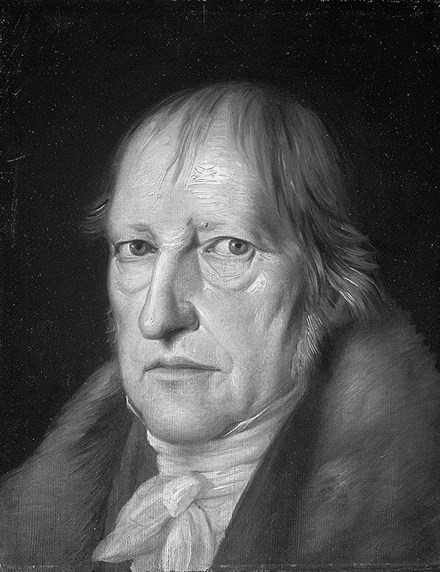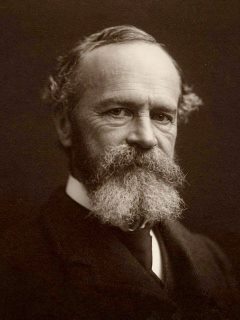Abstract
The aim of this chapter is to explain the relationship between pragmatism and G. W. F. Hegel. Focusing, for reasons of space, on classical pragmatism, I explore the various and contrasting ways William James, Charles Sanders Peirce, and John Dewey reacted to Hegel's variety of post-Kantian idealism. Illustrating Hegel's reception by the early generation of pragmatist thinkers reveals both important philosophical commonalities and differences between Hegel and the classical pragmatists, but also significant differences between James, Peirce, and Dewey. This conveys that classical pragmatism is not a monolithic bloc.







